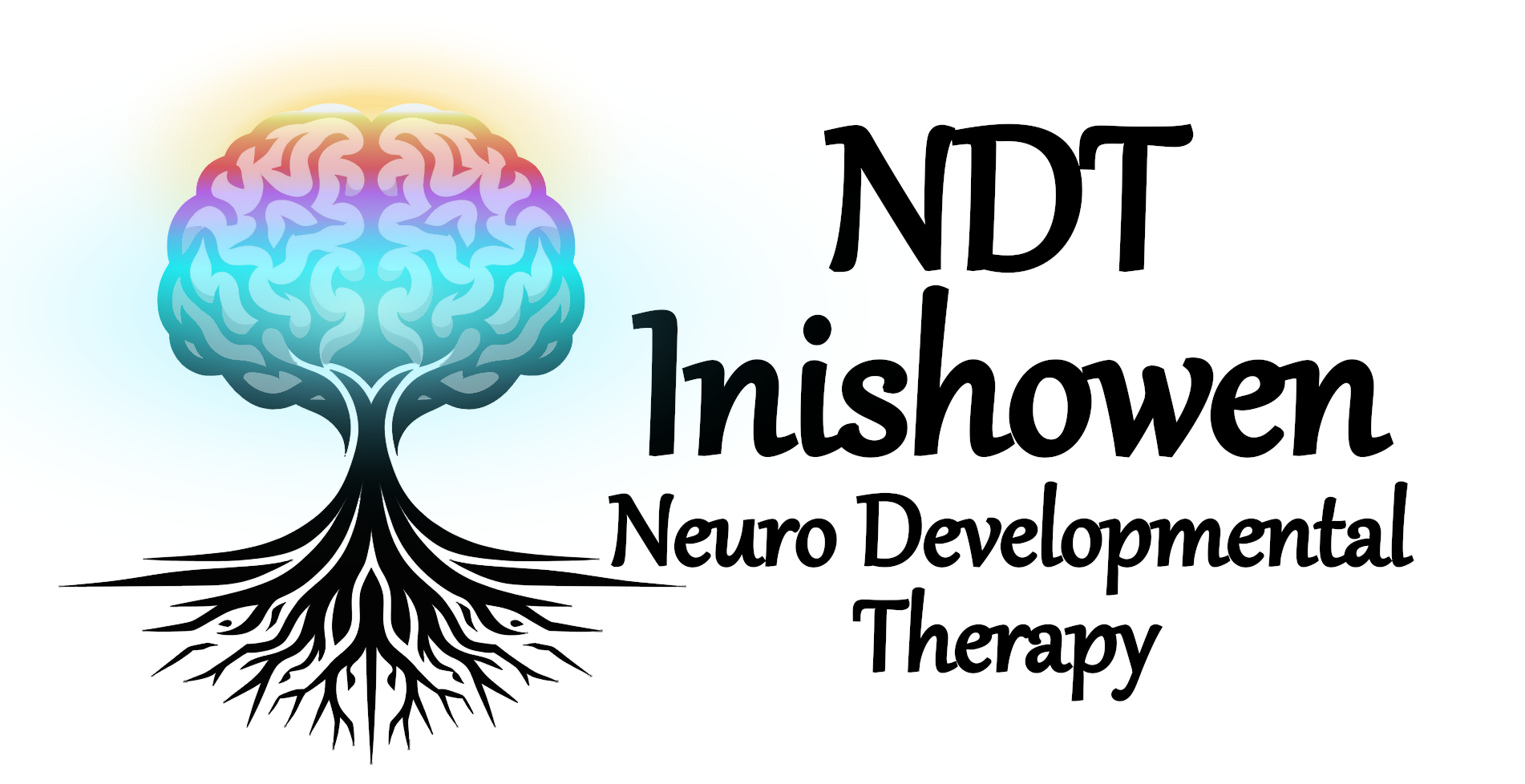Just a sec...
Chris Evans tells of 'revolutionary' treatment that helped son
The presenter said seven-year-old Eli has come on in leaps and bounds over the last year
by - Irish Independent Entertainment Supplement - 4th December 2019
Chris Evans has told how a "revolutionary" treatment helped his seven-year-old son with learning difficulties.
The presenter said Eli was diagnosed with "retained reflexes" - a condition where primitive reflexes remain active - after having problems with reading and writing, but that by doing just 10 minutes of exercises twice a day, he is now four stages above his expected reading level.
Speaking during The Chris Evans Virgin Radio Breakfast Show with Sky, Evans said it was "like a miracle". He said of Eli: "He loves school. He loves life. He really loves life. He's a really bright kid. But he couldn't read and he couldn't write. And he is seven, you know, and at the start of this year, his new year at school, he couldn't really read and he couldn't really write."
"But he's creative, such genius," he added. "The kid is obviously a genius. You know, he's a shining star in our world. So was he dyslexic? How was he with his maths? Not very good."
The DJ said his wife, Natasha Shishmanian, discovered a clinic that focused "on a link between all these learning issues and potential issues of communication or spacial awareness".
Finding a cure when 'something is not quite right'
Clumsiness, bed-wetting and poor social skills could be symptoms of mild neuro developmental delay
by - Irish Times - 9th January 2007
When parents go to see a neuro developmental therapist, they often say exactly the same thing, according to therapist Moya Mulroy. "So many times I've heard parents say 'there's nothing wrong with my child, but there's something not quite right'," she says. The "something" could be clumsiness, poor balance, difficulty concentrating, dyslexia, poor social skills or bed-wetting.
Neuro developmental therapists see these problems as symptoms of a mild neuro developmental delay. It's all connected with our primitive reflexes, explains Mulroy, a paediatric nurse. We are all born with primitive reflexes. These can be seen in the way a new baby is easily startled or the way he grips a finger. Normal movements cause these reflexes to be shed within the first six to 12 months to allow more sophisticated brain functions to develop.
Some children do not lose these primitive reflexes for various reasons and this may prevent other functions developing. Genetic factors could explain the retention of such reflexes, or illnesses such as multiple ear infections.
